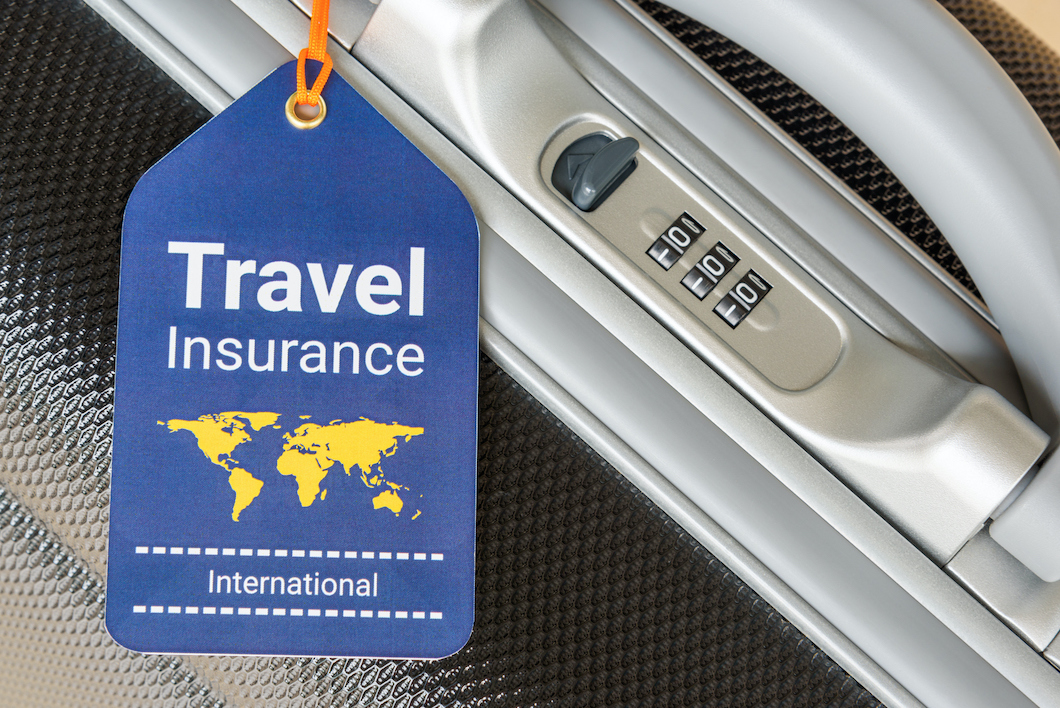
Medicare provides limited coverage for healthcare services outside the U.S. and its territories, including Guam, Puerto Rico, the U.S. Virgin Islands, and others. Here’s how the various parts of Medicare, along with Medigap, handle international travel:
Medicare Part A (Hospital Insurance) and Part B (Medical Insurance)
Medicare Part A and Part B generally do not cover healthcare services outside of the U.S. However, there are a few exceptions:
- Emergency situations: If you are in the U.S. when an emergency occurs and a foreign hospital is closer than any U.S. hospital that can treat you, Medicare may cover some of the costs.
- Traveling through Canada: If you’re traveling directly between Alaska and another U.S. state through Canada without unreasonable delay and have a medical emergency, Medicare may provide coverage.
- Cruise Ships: Medicare may cover care received on a cruise ship within six hours of a U.S. port.
Even in these cases, Medicare will only cover services it normally would cover inside the U.S., and you would still be responsible for any deductibles and coinsurance.
Medicare Part D (Prescription Drug Coverage)
Medicare Part D does not cover prescription drugs purchased outside the U.S. However, it does cover certain vaccines recommended for travel, like those for yellow fever or Japanese encephalitis, if they are recommended by the Advisory Committee on Immunization Practices (ACIP).
Medigap (Medicare Supplement Insurance)
Medigap plans C, D, F, G, M, and N offer coverage for emergency healthcare when traveling outside the U.S. These plans typically cover:
- 80% of emergency care costs after a $250 deductible.
- A lifetime maximum benefit of $50,000.
It’s important to note that plans C and F are no longer available to new Medicare beneficiaries as of 2020, but those who were eligible before that date may still enroll in or keep these plans.
Additional Considerations
Medicare Advantage plans (Part C) may offer some coverage for international travel, but this varies by plan. It’s crucial to check with your plan provider for specifics.
For comprehensive coverage, many travelers purchase additional travel health insurance or medevac coverage, as Medigap plans do not include repatriation (return to the U.S.) in their emergency coverage.
Resources for Further Information:
- Medicare Coverage Outside the U.S. from Medicare.gov
- Medigap Plan Benefits Comparison from Medicare.gov
This coverage information is crucial to consider when planning international travel to ensure you have adequate protection in the event of a medical emergency.
-Lê Nguyễn Thanh Phương-
